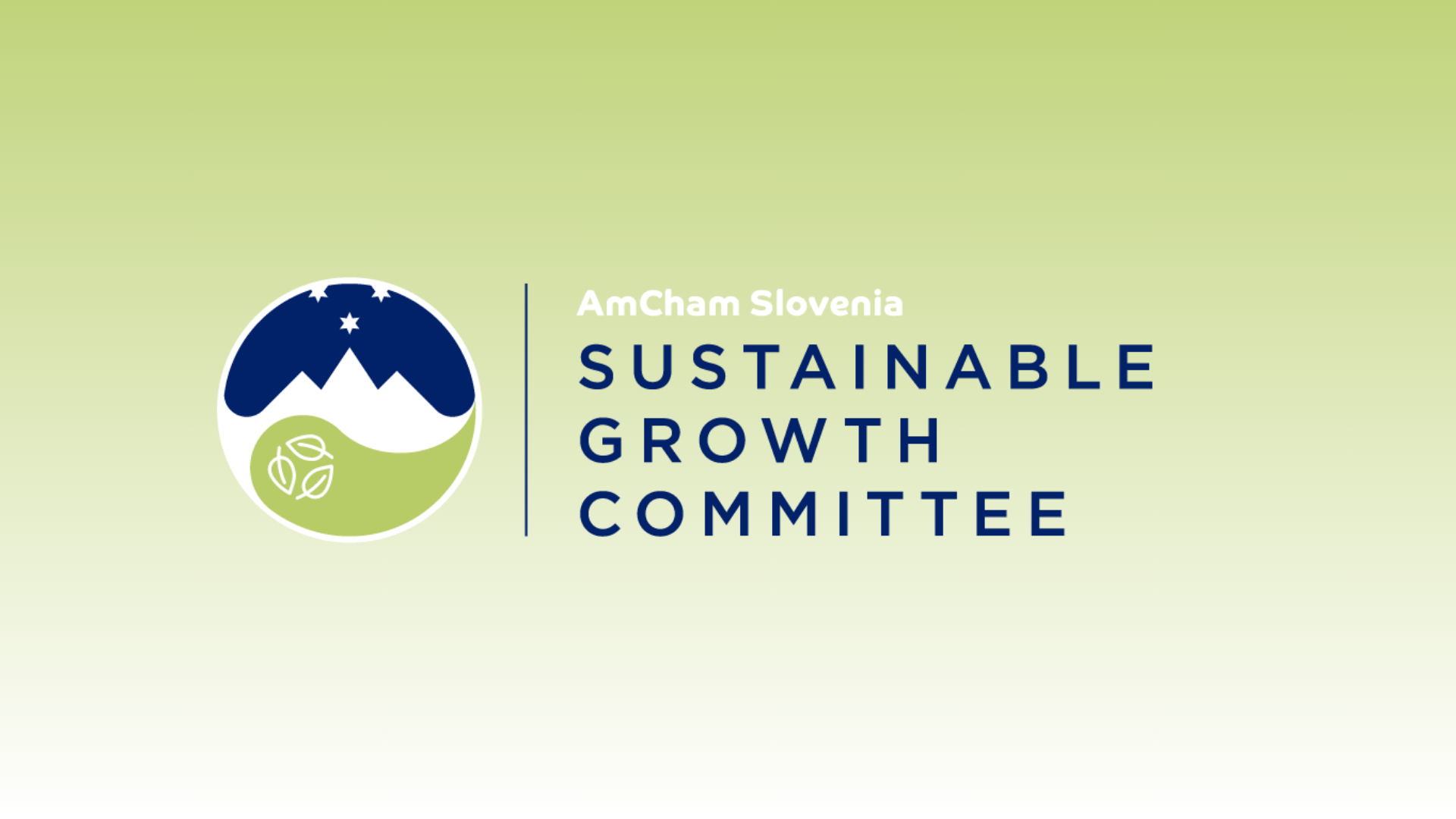Sustainable growth is an opportunity for growth and innovation. The Committee focuses on economic and social development, new business models and organizational structures, the nature of work, and the transformation of enterprises.

AmCham Sustainable Growth Committee
Key areas of the Committee’s work
CO2 Is the New Currency
The European Union (EU) aims to become the first climate-neutral continent by 2050. The first milestone on this journey is to cut emissions by 55% by 2030. Businesses that play the main role in the transition to a sustainable society should understand sustainability as an opportunity for growth and innovation and a value-creation mechanism. The AmCham Sustainable Growth Committee thus places the green transition at the forefront of economic and societal development, along with new business models, organizational structures, business transformations, and policy formulation. At the same time, we promote cooperation between various stakeholders in sectors that are at the forefront of the green transition and the educational institutions that provide a highly qualified workforce and the knowledge and skills that are needed for the future.
Green Financing
The Committee encourages the priority financing of sustainable development activities, which is essential for the green transition. At the same time, we support the EU’s efforts for the more efficient use of resources to achieve climate and sustainable development goals.
Formulating Sustainable Development Policies and Legislation at the EU and National Level
The support of EU countries for the transition to climate neutrality and further development will be based on green financing. Grants will include the obligation to meet the ESG (environmental, social, and governance) criteria, and it is essential that we treat all of them with the same importance. Corporate sustainability reporting will require data collection and progress reporting, while the measurement of economic growth will go beyond macroeconomic indicators. For Slovenia, it is essential that we take advantage of the EU Green Deal to develop the economy and, in this way, achieve higher added value, recognizability, and attractiveness for investment and improve the quality of life for the country’s inhabitants.
Start of Data Collection for ESG Reporting
<p style=”text-align: justify;”>The AmCham Sustainable Growth Committee monitors the formulation of EU-level policies derived from the EU’s circular economy strategy to raise businesses’ awareness and ensure timely adaptation to changes. This year, the Corporate Sustainability Reporting Directive (CSRD) enters into force, which, from January 1, 2024, obliges large companies with more than 500 employees to use uniform standards in their non-financial reports in 2025. By 2028, around 50,000 EU and non-EU companies that are significantly present in the region will be covered by these reporting obligations. At the national level, the Committee promotes the inclusion of sustainability criteria in legislation and acts as a business-sector hub in dialogue with decision-makers.</p>
Energy
To increase the affordability, security, and efficiency of energy and, at the same time, pave the way to net-zero consumption, we must use all available sources. A more active transition to renewable energy sources is vital, as is considering building a second block of the Krško nuclear power plant.
Circular Economy
The circular economy is a form of organization, production, and consumption based on sharing, reusing, repairing, and recycling existing materials and products. To achieve the shift from a linear to a circular economy, we support cooperation between the government, industry, and civil society, as well as innovative approaches and practices that extend product life. The shift to a circular economy could bring advantages such as reducing environmental impacts, reducing business risks, increased competitiveness, stimulation of innovation, strengthened economic growth, and job creation.

Who are the members of the Committee?
See the full list of Committee members.
Join the AmCham Sustainable Growth Committee
For all questions related to the Committee’s work, you can turn to our Committee coordinator Mojka Mišič, MSc, our Communications and Advocacy Director.

Mojka Mišič, MSc
Communications and Advocacy Director

